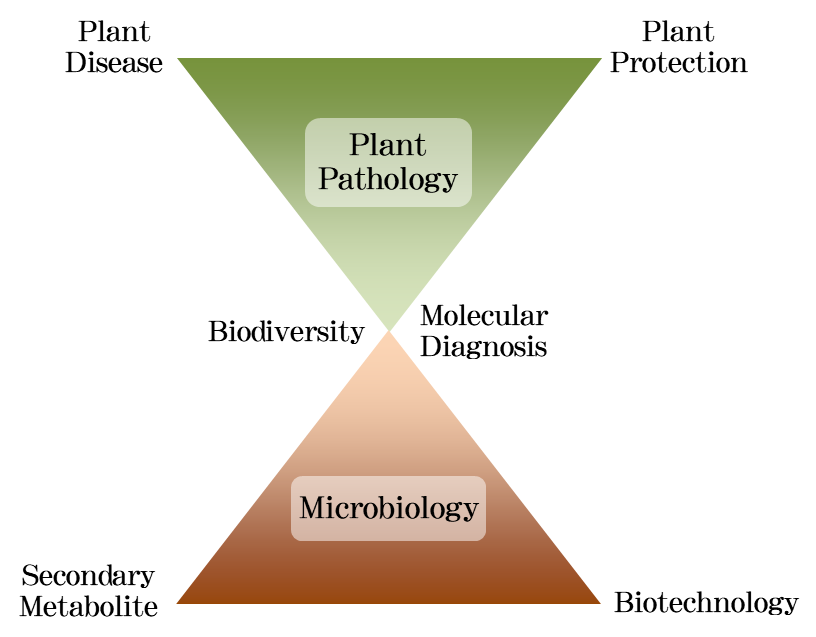
Plant Pathology and Microbiology: Understanding and Addressing Plant Health
Plant pathology and microbiology are dynamic areas of science. Various microorganisms in nature, such as fungi, nematodes, bacteria, viruses, and phytoplasmas, cause plant diseases. Additionally, abiotic factors such as air pollution, environmental pollution, and malnutrition adversely affect plant health. Therefore, the study of plant pathology requires a basic understanding of various pathogenic microorganisms and abiotic factors affecting plant health to provide effective control methods and improve the overall health of plants.
The research and teaching at the Department of Plant Pathology and Microbiology (PPM) cover two major areas: Plant Pathology and Microbiology. The department provides comprehensive knowledge of various pathogenic microorganisms and their natural classification.
Additionally, interdisciplinary research and teaching are conducted to understand the mechanisms of these microorganisms, their interactions with hosts, and control techniques. Some microorganisms also play beneficial roles in nature. Therefore, the department explores and utilizes them to their fullest extent to achieve the department's goals.
Beyond providing the basic knowledge of plant pathology, we also conduct research on disease diagnosis, healthy seedling production technology, import and export agricultural product disease quarantine, insect vector virus diseases, non-pesticide control of nematodes, plant health management, environmental pollution diseases, and their applications. We strengthen the development and application of molecular detection systems, develop various molecular diagnostic probes, such as monoclonal antibodies, DNA probes, and PCR technology, and establish standardized disease diagnosis protocols (SOPs), along with studying the molecular mechanisms of plant-microbe interactions and their genomic evolution.
Additionally, we conduct applied research on genetic engineering, disease-resistant breeding, and advanced microscopy technology, combining traditional and biotechnological approaches to promote academic research that meets contemporary trends and fully leverages knowledge-based economic strategies for agriculture.
We aim to play a significant role in both basic and applied research, alongside the education and training of future plant pathologists and microbiologists, while promoting cooperation between industries and universities.